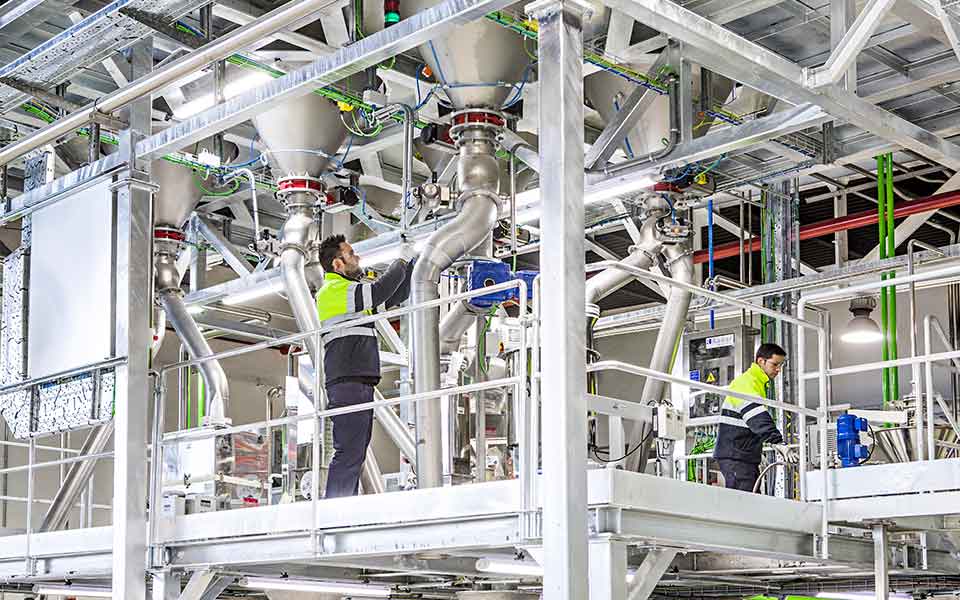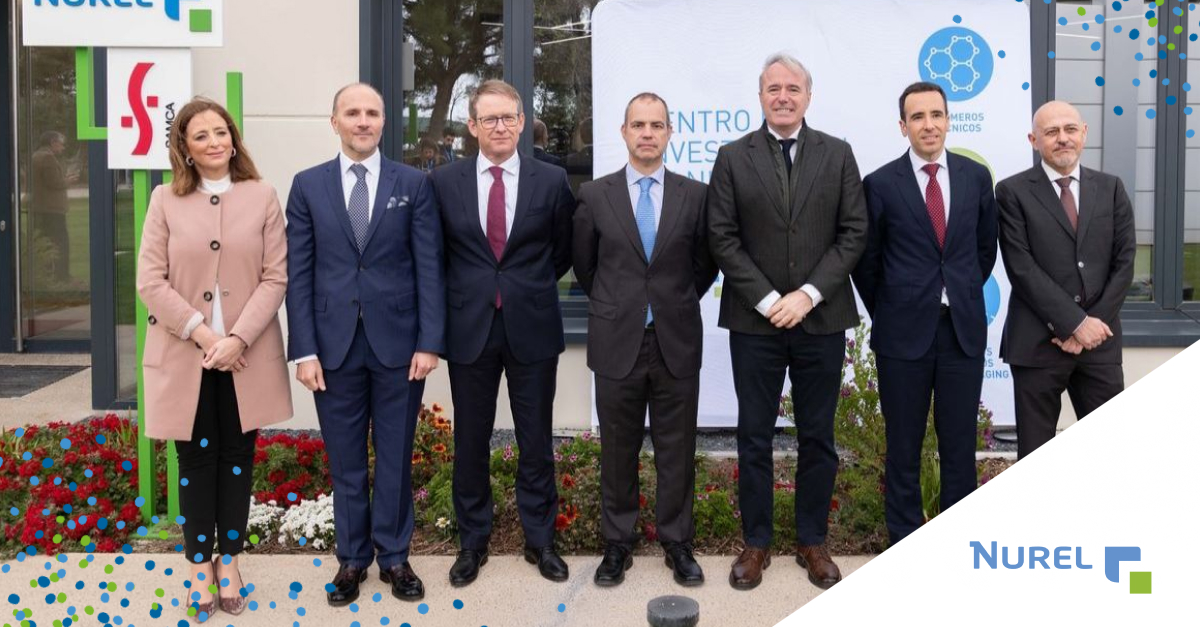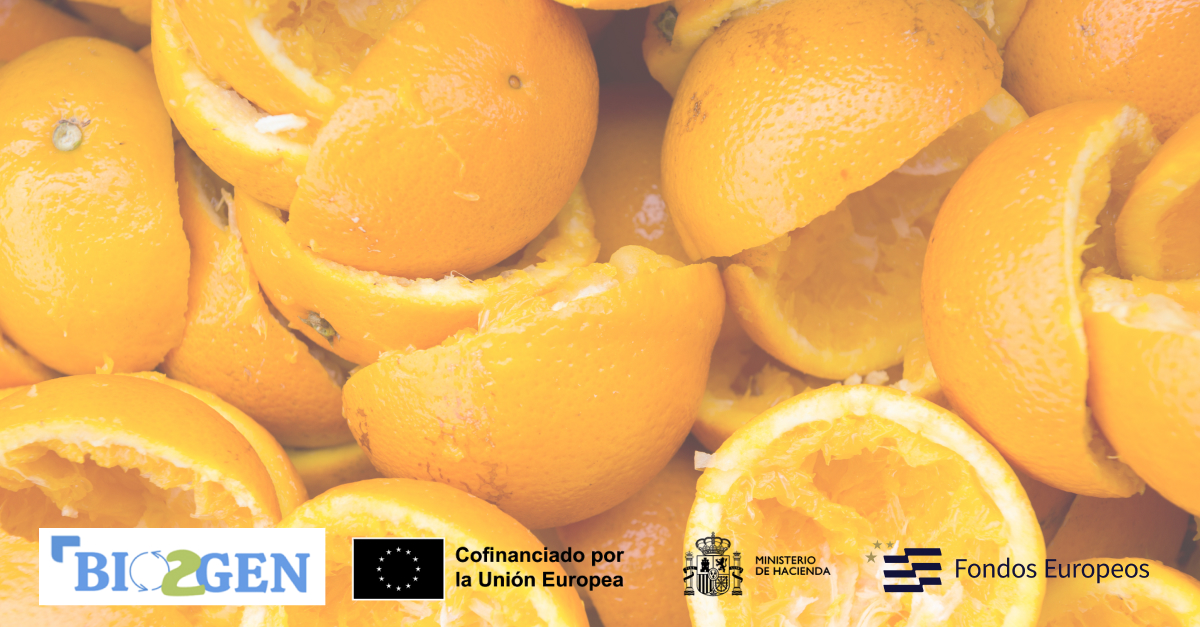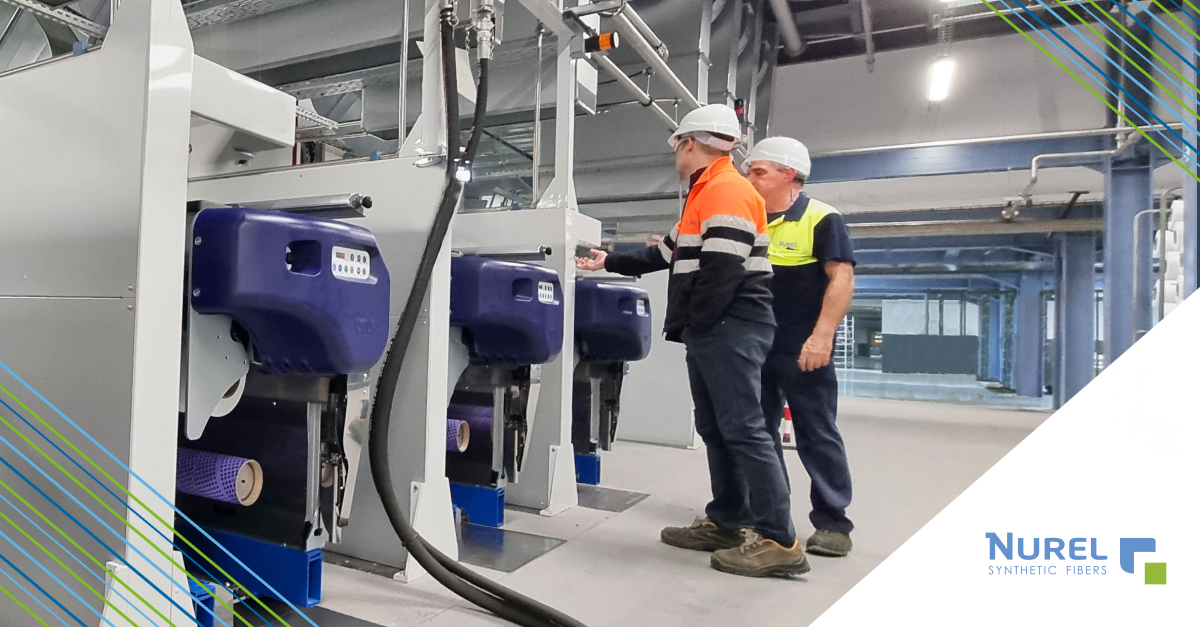50 years of experience in fiber and polymer production
PASSION TO INNOVATE
NUREL Synthetic Fibers leads the way in nylon innovation, offering a wide range of products in Nylon 6 and 66.
NUREL Engineering Polymers offers polyamide solutions for the most demanding technical applications.
NUREL Biopolymers provides biobased, compostable and biodegradable solutions for extrusion and injection molding.

Contact us
Discover our products
From its foundation in 1968as Fibras ESSO, after its acquisition by SAMCA Group in 1999 and up to today, NUREL has gone through different stages and we have adapted to the fast changes experienced in our social, economic and industrial surroundings.
our brands
News
Inauguration of the NUREL Advanced Materials Centre | NUREL
With the aim of boosting research and the development of new materials, NUREL has inaugurated a new Innovation Centre at its Zaragoza plant.
Read on →
NUREL Announces the Launch of the Bio2gen Project | NUREL
With the aim of boosting research and the development of new materials, NUREL has inaugurated a new Innovation Centre at its Zaragoza plant.
Read on →
Inauguration of a State-of-the-Art Nylon Spinning Plant in Zaragoza | NUREL Synthetic Fibers
Performance Days 2024. Munich March 20 and 21
Read on →



























